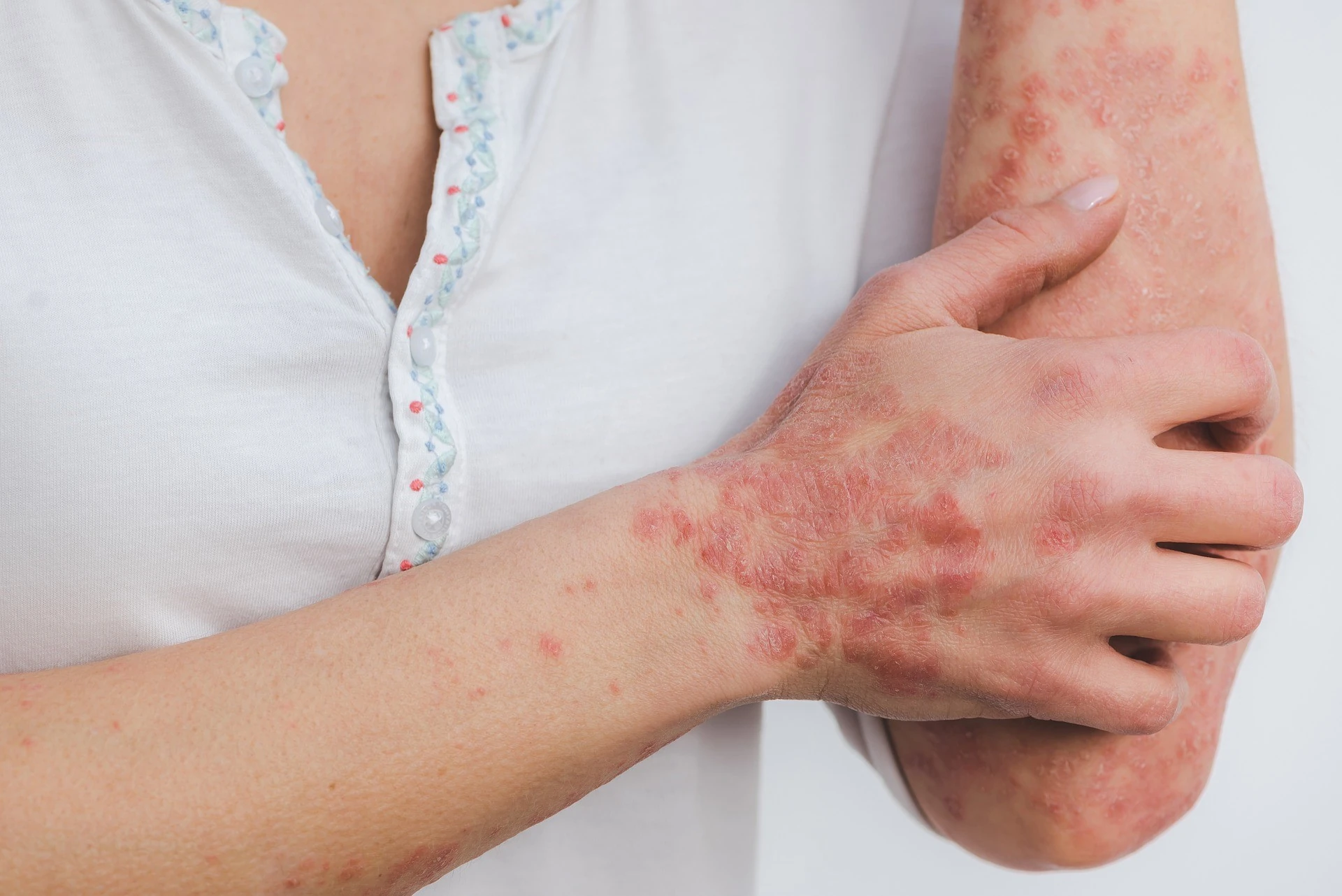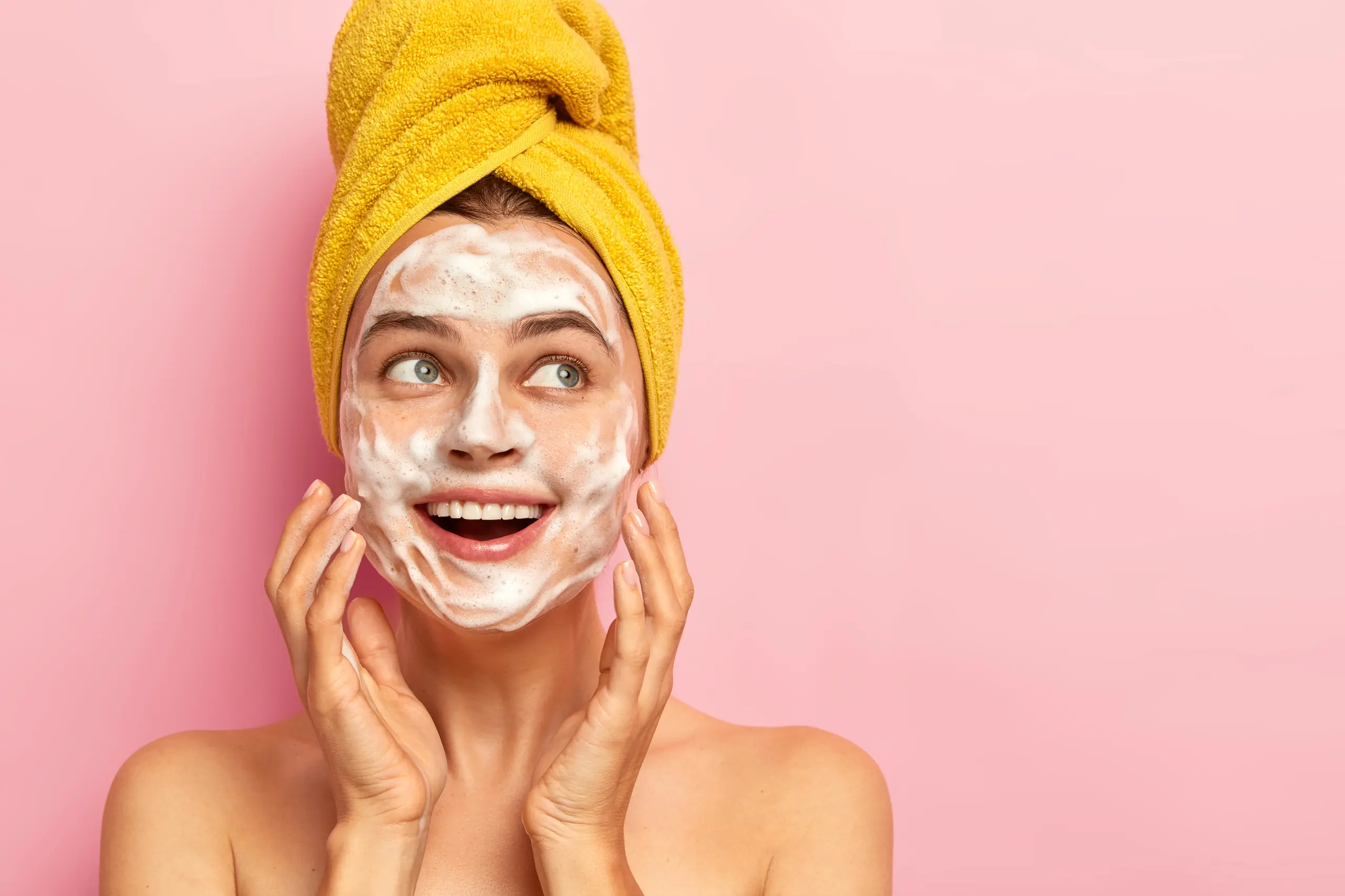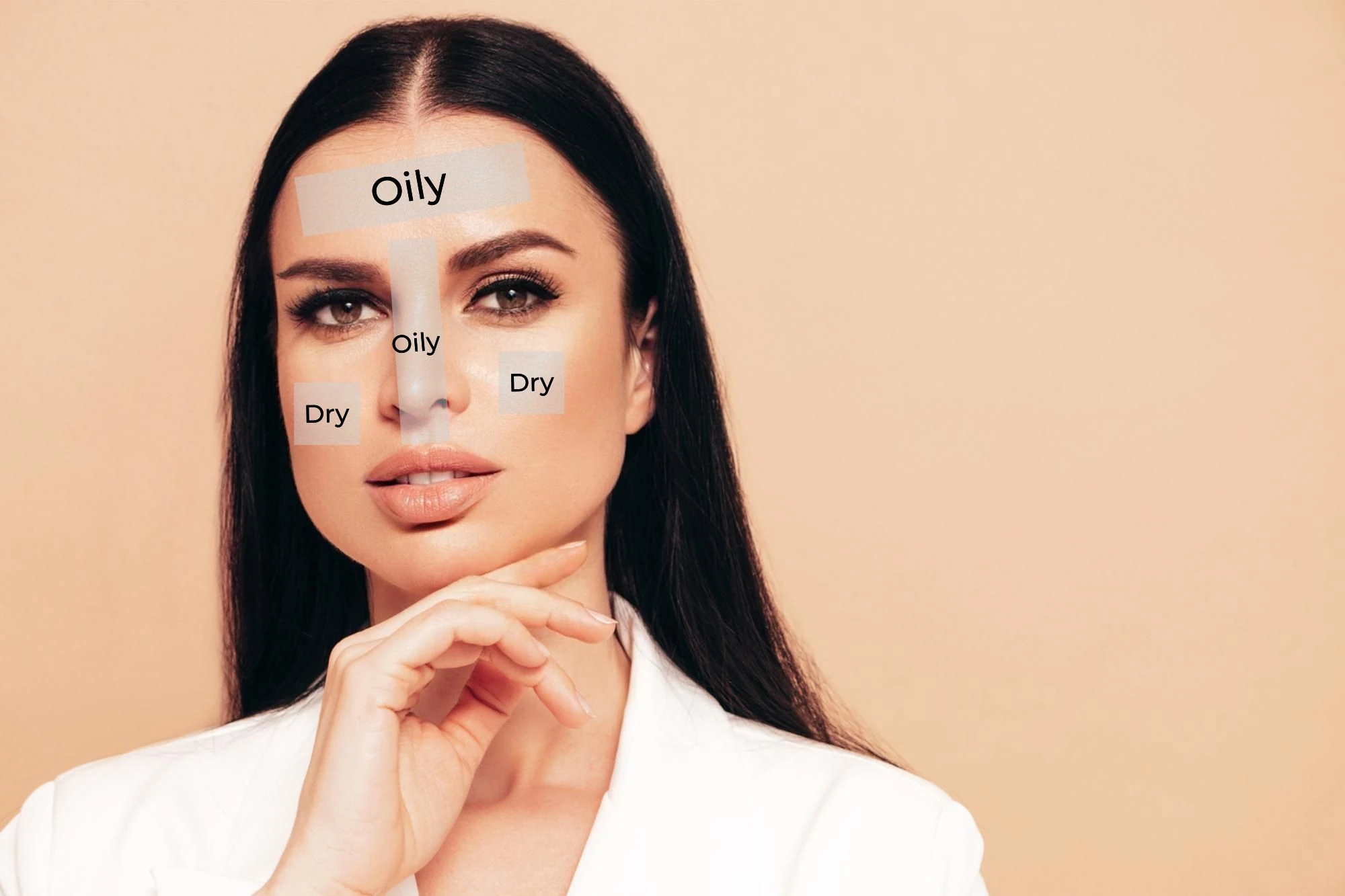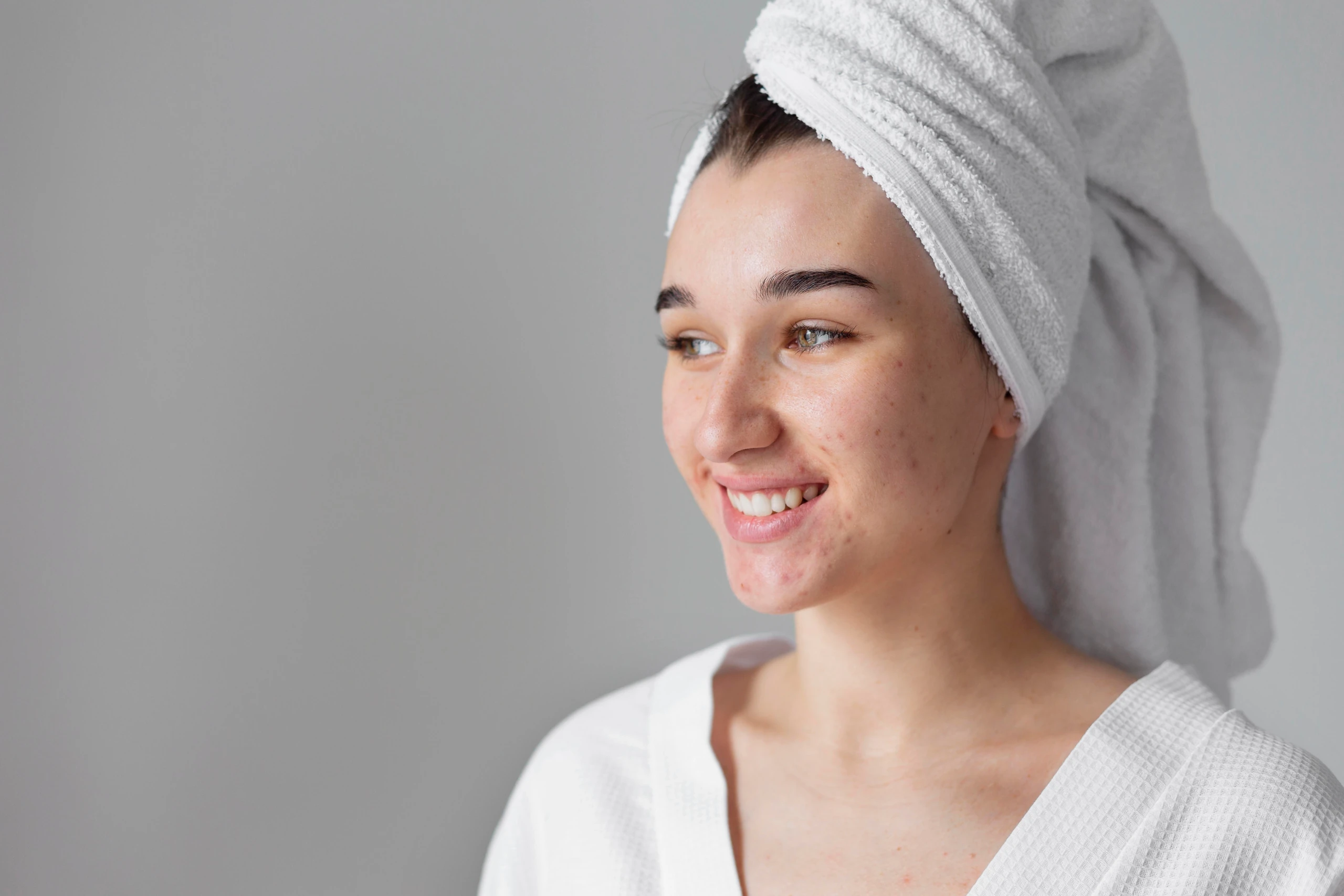Atopic skin is one of the most important skin problems it is also known as eczema among people. Because those who have atopic skin have to take care of and care for their skin much more than those who have normal skin. Although this condition and atopic skin symptoms can be challenging at times, it is now easier to keep atopic skin under control with today’s treatment and care methods.
So what is this atopic skin, who does it appear in, what should we do if we have been diagnosed with atopic skin. Let’s tackle atopic skin from a to z together.
Atopic Dermatitis
Let’s Get to Know the Skin Atopic. Dermatitis is the important features of the skin.The skin is damged and some skin properties are impaired. Although it is still unknown why these properties are impaired, the deterioration of the barrier properties of the skin reduces water retention. This causes a serious dryness in the skin. The most important symptom of Atopic Dermatitis skin is this skin dryness. This dryness of the skin is accompanied by a feeling of intense itching over time.
The immune systems of people with Atopic Dermatitis skinis also quite vulnerable. Microbes that will not cause any problems in normal skin can cause serious problems for atopic skin. This microbes may cause skin infections.
Who Has Atopic Dermatitis Skin?
Atopic skin is most often observed in early childhood. Atopic dermatitis or skin prone to atopy can be observed in one in every five children. Atopic symptoms may begin to appear in two-month-old children. Although it occurs intensively in childhood, it is a disorder that can be seen in people of all age groups and genders.
In recent researches, it has been observed that it may be hereditary. The incidence of atopic dermatitis in children of parents with the same disorder is higher than others. It has been revealed by researchers that this skin problem, which is frequently encountered in Turkey, is triggered not only by genetic but also by environmental factors. City life and the negative effects of the high polution in cites has made our skin even more sensitive and vulnerable.
Apart from all these, cleaning the skin repeadedly and aggressivly as well as not cleaning the skin enough can cause atopy. Maintaining the ph balance of our skin is one of the points that we need to take the most care of when completing our daily skin care routine. Because disrupting the ph balance disrupts the water balance of the skin, which causes intense dryness in the skin.
What are the symptoms of Atopic Dermatitis
The first symptom of atopic dermatitis skin is a feeling of intense dryness in the skin, as we mentioned before this dryness causes the emergence of atopy-specific wounds on the skin over time. The formation of wounds is followed by a feeling of itching. With itching, the structure of the skin deteriorates further, and eczema occurs.
Care Routines to Relieve Atopic Skin
There are four stages that are important during the treatment and care of skin with atopic dermatitis. These are;
- Taking care not to itch the skin.
- Keeping the skin always moisturized
- Preventing inflammation or products that cause inflation.
- Keeping away from factors that can cause infection.
Nail Hygiene, Bathroom Routine and More…
First of all, you should control the itching and the rash that will occur. To achieve this, your nails should always be cut short and clean. Moisture is what works best for atopic skin. That’s why it’s so important for those with atopic skin to come into contact with water every day. That’s why if you have atopic skin, you need to take a bath every day. But sure that the bath does not exceed ten minutes, and the water is no more than 34 degrees. It is also important to use soap-free shower gel and moisturizing creams.
Since sweating increases itching, thin cotton clothes should be preferred, especially in summer. You should take care not only of your skin, but also of your clothes that come into contact with your skin. When washing your laundry, you should prefer hypoallergenic detergents and definitely not use fabric softeners.
Strengthening the Skin Barrier Eliminates Atopic Skin Symptoms the formation of atopic skin means that the skin barrier is weakened. When you strengthen the skin barrier, dryness will automatically decrease. This will greatly reduce the effects of atopic skin. In order to strengthen the skin barrier, you need to carefullyapply moisturizing creams suitable for your atopic skin in the morning and evening.
One of the things that atopic skin should pay attention to is the harmful rays of the sun. If you are looking for a sunscreen that will be good for your atopic skin, we have a suggestion for you. With Glowingup Anti Pigmentation Sun Cream, you can protect your skin from the sun’s rays at the highest level. Glowingup Anti Pigmentation Sun Cream protects against sun rays and prevents discoloration and pigmentation formation and also moisturizes the skin without irritation.
What Atopic Skin Should Avoid
First of all, as with every disease, stress is one of the triggering factors. Not staying away from stress increases your skin troubles. Apart from this, the most important point is to remove all products containing perfume from your life. The perfume will irritate your skin and increase itching.
Skin care, like many things, gives effective and positive results when used correctly without overdoing it. Constantly cleansing the skin or using the most expensive creams does not mean that you take good care of your skin. You may think that exfoliating will soothe your skin and remove dead cells. But it will have the opposite effect on your dry and sensitive skin, causing your skin to be even more damaged. It will be safer for your skin to be more gentle while clensing and avoid exfoilation and deeply mouisterize.
Atopic skin is not a problem that can be easily solved and treated with homemade treatments. First of all, you should talk to a dermatologist, that is, a specialist, and start medication and moisturizer according to the recommendation of your dermatologist.



